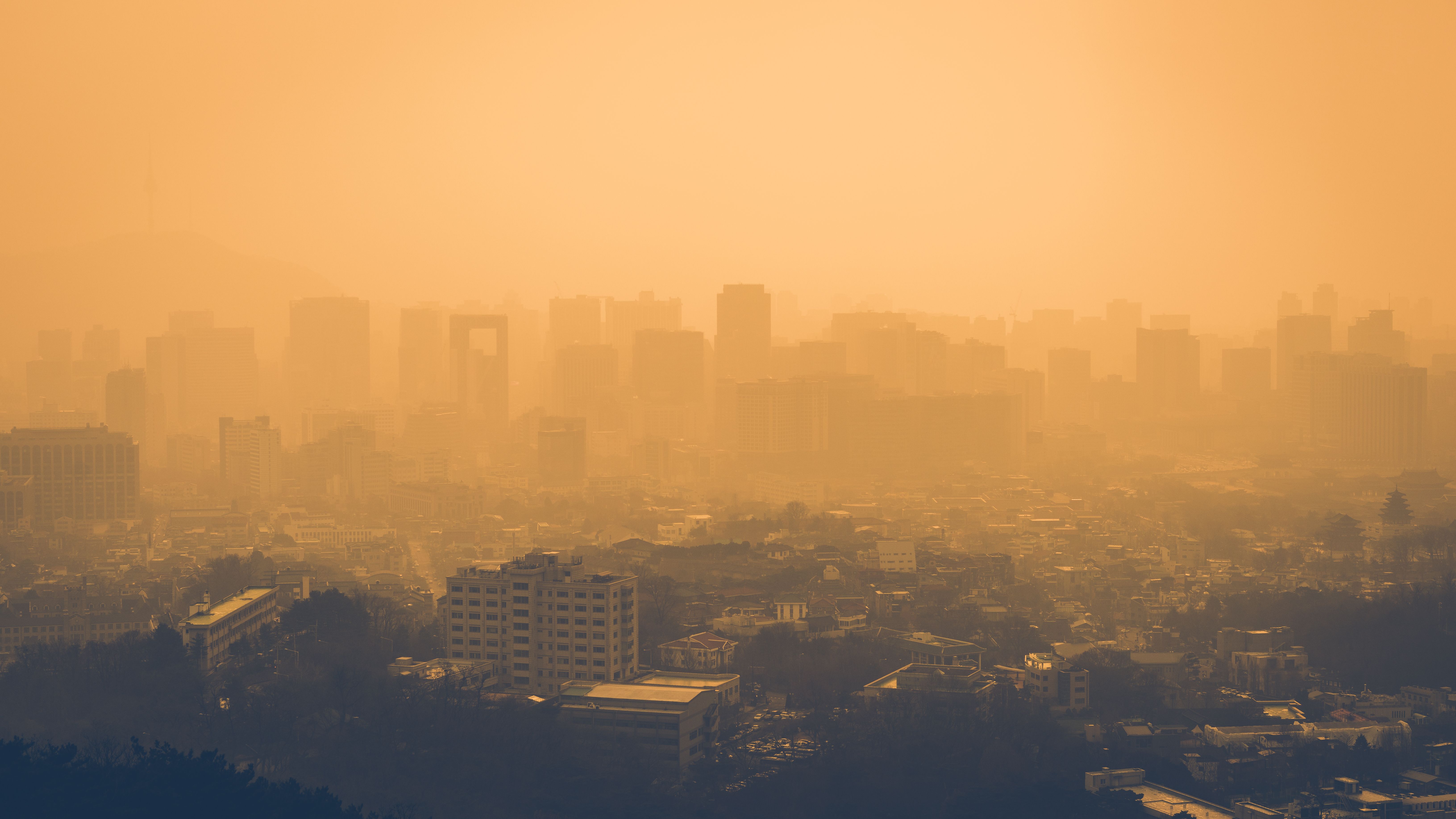Poll: Majority of parents concerned about bad air quality, impact on child's health
According to a recent C.S. Mott Children’s Hospital National Poll on Children’s Health, the recent wildfires and extreme weather events that are creating poor or unhealthy air quality are also causing concern for parents in regards to their children's health.
Poll: Majority of parents concerned about bad air quality, impact on child's health | Image Credit: © ttlsc - © ttlsc - stock.adobe.com.

A majority of parents that participated in a September 2023, national sample, C.S. Mott Children’s Hospital National Poll on Children’s Health said they are worried about the impact poor air quality could have on their children. Recent extreme weather events and wildfires have brought more attention to the concerns surrounding poor air quality.
The poll was administered in August 2023 to 2044 randomly selected adults who were parents of at least 1 child (0-18 years) that was living in their household. The survey, conducted by Ipsos Public Affairs, LLC for C.S. Mott Children’s Hospital, closely resembled the United States population, and was weighted to reflect population figures in the Census Bureau.
Overall, 73% of parents said they were concerned about the impacts poor air quality could have on their child’s health, while 63% of parents reported they know appropriate actions to take regarding air quality problems. Over the last 2 years, 67% of parents said they have experienced at least 1 day with poor or unhealthy air quality. They believe poor air quality was related to excessive heat, seasonal changes, elevated ozone levels, and industrial pollution, but most (81%) reported that wildfires were related to poor air quality.
For information regarding air quality issues, 92% of parents said news sources or weather reports are used as the main source. Overall, when poor air quality was in their area, 18% of parents believe it affected the health of their child, respectively. In the same setting, 69% said they kept windows closed, 68% limited outdoor time for their child, 19% used a home air filter, and 11% of parents required their child to wear a mask while outside. Fourteen percent of parents took no action when air quality issues were present.
When it comes to the classroom and recess, 61% of survey participants did not know if their child’s school had a policy in place for unhealthy air quality. Nearly 75% of parents believe school should move recess and physical education indoors when air quality is poor, and 66% said outdoor sports and activities should be canceled. Overall, 8% said they do not support any school action for when air quality is unhealthy.
The poll revealed two-thirds of parents experienced at least 1 day of poor air quality but might be “less aware of where to turn for reliable information about how to protect their child when air quality worsens.” C.S. Mott Children’s Hospital suggests, in addition to seeing their primary health care provider, parents visit AirNow.gov for further explanation and details.
According to the poll, children breathe quicker than adults, resulting in more pollution or unhealthy air exposure to the lungs per pound of body weight compared to adults. Air quality is important to consider when discussing overall health of the child, and identifying areas or situations where air quality is not ideal is crucial for parents of children with asthma. Parents of children without asthma could be less focused on the impact of poor air quality, according to C.S. Mott, though these parents should know exposure to pollution could result in poorer cognitive functioning, obesity, childhood cancer, impaired behavior, potentially putting their child at risk for additional problems in adult life.
For children that must be outside amid poor air quality, parents should make sure their child does not partake in strenuous activity that could result in rapid breaths. In the house, windows should remain closed and air filters should be used to help reduce indoor pollutants.
Reference:
Protecting children from poor air quality. C.S. Mott Children’s National Poll on Children’s Health. September 18, 2023. Accessed September 19, 2023. https://mottpoll.org/reports/protecting-children-poor-air-quality
The Role of the Healthcare Provider Community in Increasing Public Awareness of RSV in All Infants
April 2nd 2022Scott Kober sits down with Dr. Joseph Domachowske, Professor of Pediatrics, Professor of Microbiology and Immunology, and Director of the Global Maternal-Child and Pediatric Health Program at the SUNY Upstate Medical University.